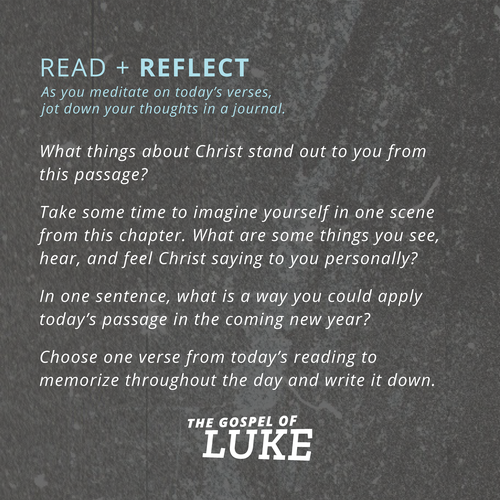We see in these events a clear dichotomy of two ways to interact with the Savior of the World:
The Pharisee: An outwardly pioused spiritual leader who invited Jesus--a controversial public figure well known throughout all of Judea by now--into his home to eat. For all his supposed hospitality, we see that his attitude towards Jesus was skeptical at best. There were several expectations for a host of that day to fulfill for an honored guest: a). Providing water for washing his feet b). greeting him with a brotherly kiss and c). anointing his head with oil. The Pharisee fulfilled none of these, demonstrating an utter lack of appreciation for this Messiah and even implying a sense of embarrassment.
The Woman: An outcast and a sinner, about as well known as the Pharisee but for all the wrong reasons. She despised all sense of classist social norms in her desperation to meet Jesus. And perhaps without even realizing, she proceeded to honor Jesus with all the customary offerings that the Pharisee failed to uphold. Unrestrained by any sense of embarrassment among her peers and her leaders, she poured everything she had into this expression of love for Jesus.
What made the difference? Jesus tells us: He who is forgiven much, loves much, and he who is forgiven little, loves little. A common critique from Jesus towards the Pharisees was how righteous they perceived themselves to be and, therefore, would not recognize their need for the forgiveness that Jesus offered. This self-preserving arrogance was in stark contrast to the Woman who, with nothing to lose and no reputation to protect, laid herself down physically, emotionally, and spiritually at the feet of Jesus. Charles Spurgeon explains that she was forgiven “not because she has done this, but this is an evidence that her sins are forgiven. This act of greater love is the proof that she must be conscious of the greater forgiveness.” If we understand the depth of our sinfulness and the urgency of forgiveness, expressions of love should follow. This holiday season may we let our expressions of love to our Savior permeate every routine, conversation, and every level of our very being.
Read Luke 7 and answer the reflection questions to the left to help you process the passage.

